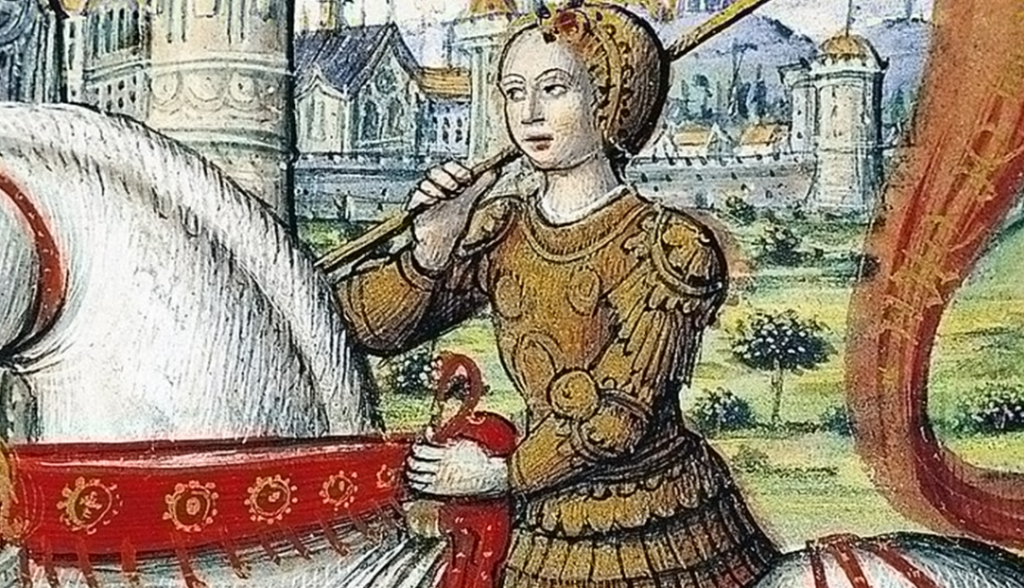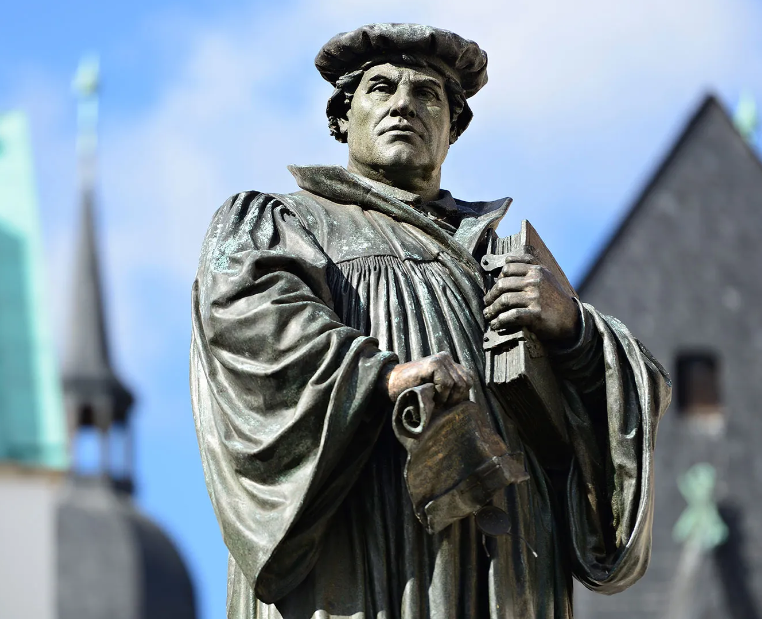Prince Eugene of Savoy, a prominent figure in Austrian history, is widely regarded as the Austria National Hero. Born on October 18, 1663, in Paris, France, Eugene’s military prowess, strategic genius, and unwavering loyalty to Austria earned him a distinguished place in the country’s narrative. This article delves into the life of Prince Eugene, exploring his military achievements, contributions to Austria, his lasting legacy, and the controversies surrounding his name.
Early Life and Background of Austria National Hero
Prince Eugene hailed from the House of Savoy, a noble family with strong ties to the ruling families of Europe. Born into wealth and privilege, his father, Eugène Maurice of Savoy-Carignano, and mother, Olympia Mancini, nurtured him with the finest education and upbringing. Despite his noble birth, Eugene faced several challenges early in life, including the family’s exile due to political tensions. These experiences shaped his character and instilled in him a resolute determination to overcome adversity.
Military Career
Prince Eugene’s military career is characterized by remarkable achievements and victories on the battlefield. Joining the Austrian army at a young age, he quickly rose through the ranks due to his tactical brilliance and leadership skills. His first major success came during the Great Turkish War, where he played a crucial role in the Austrian victory at the Battle of Zenta in 1697. This triumph catapulted Eugene into the spotlight and marked the beginning of a series of victories that would solidify his status as a military genius.
Contributions to Austria
Prince Eugene’s military successes had a profound impact on Austria. His strategic brilliance and triumphs in battles such as the Battle of Blenheim, the Battle of Oudenarde, and the Battle of Malplaquet expanded Austria’s territorial influence and secured its position as a major power in Europe. Beyond his military accomplishments, Prince Eugene’s contributions to Austria extended far beyond the battlefield. As a skilled diplomat and statesman, he played a pivotal role in shaping the political landscape of the country. He was known for his astute negotiations and diplomatic prowess, which helped Austria forge crucial alliances and navigate complex international relations.
Moreover, Prince Eugene’s influence extended to the cultural sphere. He was a patron of the arts and sciences, supporting renowned artists, architects, and intellectuals. His passion for architecture led to the construction of magnificent structures such as the Belvedere Palace in Vienna, showcasing his love for beauty and grandeur.
Prince Eugene’s devotion to Austria was unwavering, and his unwavering loyalty to the Habsburg dynasty made him an iconic figure in Austrian history. His military triumphs and diplomatic achievements elevated Austria’s status on the European stage, leaving a lasting legacy that continues to inspire generations.
Legacy and Recognition of Austria National Hero
Prince Eugene’s impact on Austria can be witnessed through the numerous monuments, statues, and commemorative events dedicated to his memory. The most notable tribute is the equestrian statue of Prince Eugene located in Vienna’s Heldenplatz, which stands as a symbol of his military prowess and leadership.
Additionally, the Belvedere Palace, initially built as Prince Eugene’s summer residence, now houses a world-renowned art museum. The palace’s stunning architecture and extensive art collection attract visitors from around the globe, ensuring that Prince Eugene’s legacy lives on through the appreciation of culture and beauty.
Every year, Austria commemorates Prince Eugene through various events, including exhibitions, lectures, and historical reenactments. These celebrations serve as a testament to his enduring influence and the profound impact he had on Austrian society.
Impact of Austria National Hero on European History
Prince Eugene’s influence extended far beyond the borders of Austria. His military strategies and tactics revolutionized European warfare, earning him respect and admiration from both allies and adversaries. His victories played a crucial role in shaping the balance of power in Europe during the late 17th and early 18th centuries.
Furthermore, Prince Eugene’s diplomatic skills and political acumen allowed him to navigate the intricate web of European politics. He was actively involved in negotiating important treaties and alliances, contributing to the stability and prosperity of the continent.
Personal Life and Character
Behind Prince Eugene’s military brilliance and political achievements was a complex and intriguing personality. Known for his disciplined nature and sharp intellect, he was also a lover of arts and culture. He collected an impressive array of art and literature, showcasing his refined taste and intellectual curiosity.
Despite his numerous successes, Prince Eugene remained humble and dedicated to his duty. He was known for his unwavering loyalty, not only to Austria but also to his soldiers, whom he regarded as family. His strong sense of honor and integrity earned him the respect and admiration of those around him.
Influence on Art and Literature
Prince Eugene’s remarkable life and achievements have inspired numerous artists and writers throughout history. Paintings, sculptures, and literary works depicting his heroic exploits can be found in museums and galleries worldwide.
One notable example is the epic poem “The Prince Eugene” by Johann Philipp Baratieri, which immortalizes the military victories and leadership of Prince Eugene. This work, along with others, contributes to the preservation of his legacy and ensures that future generations can appreciate his contributions.
Controversies and Criticisms on Austria National Hero
As with any historical figure, Prince Eugene of Savoy is not without controversies and criticisms. Some critics argue that his military successes came at a high cost, resulting in immense human suffering and loss of life.
As with any historical figure, Prince Eugene of Savoy is not without controversies and criticisms. Some critics argue that his military successes came at a high cost, resulting in immense human suffering and loss of life. Others question his methods and the ethics of warfare during his time.
It is important to acknowledge these differing perspectives and engage in a comprehensive discussion of Prince Eugene’s legacy. While his achievements and contributions are widely celebrated, it is crucial to examine the complexities and moral implications of his actions. Understanding the criticisms surrounding Prince Eugene allows for a more nuanced and comprehensive understanding of his place in history.
Conclusion
Prince Eugene of Savoy, Austria’s national hero, left an indelible mark on the country’s history. His military prowess, diplomatic finesse, and dedication to Austria’s interests elevated him to a position of immense influence and admiration. Prince Eugene’s victories on the battlefield expanded Austria’s power and secured its place among the great European powers.
Beyond his military achievements, Prince Eugene’s contributions extended to the realms of politics, culture, and art. His legacy can be witnessed in the architectural marvels he commissioned, the art collections he amassed, and the ongoing commemorations that honor his memory.
While controversies and criticisms exist, they do not diminish the significance of Prince Eugene’s contributions to Austria and European history. His impact on warfare, diplomacy, and cultural patronage continues to inspire and shape the world we live in today.
FAQs
- Was Prince Eugene of Savoy born in Austria?
No, Prince Eugene was born in Paris, France. However, he spent the majority of his life in Austria, where he made significant contributions.
- How did Prince Eugene become a national hero?
Prince Eugene became a national hero due to his military victories, diplomatic achievements, and lasting impact on Austria’s politics, culture, and society.
- Are there any movies or documentaries about Prince Eugene?
While there are no mainstream movies solely dedicated to Prince Eugene, he is often portrayed or referenced in documentaries and historical films about the wars and events in which he played a significant role.
- What were some of Prince Eugene’s major military victories?
Prince Eugene achieved notable victories in battles such as the Battle of Zenta, the Battle of Blenheim, the Battle of Oudenarde, and the Battle of Malplaquet.
- How is Prince Eugene remembered in modern-day Austria?
Prince Eugene is remembered through various commemorations, monuments, and cultural events that highlight his military achievements and contributions to Austrian history.
References
- Strath, A. (2011). The Savoyard and the Sublime: Prince Eugene and the Legacy of War. Austrian History Yearbook, 42, 75-95.
- Szabo, F. (2001). The Seven Years War in Europe: 1756-1763. Routledge.
- Chandler, D. G. (1990). The Art of Warfare in the Age of Marlborough. Spellmount Publishers.

